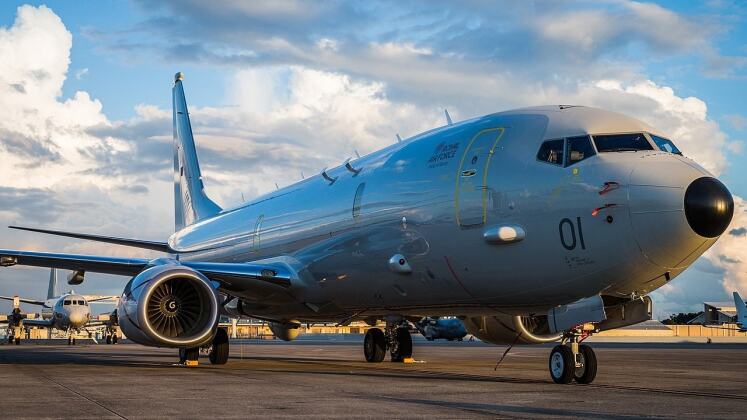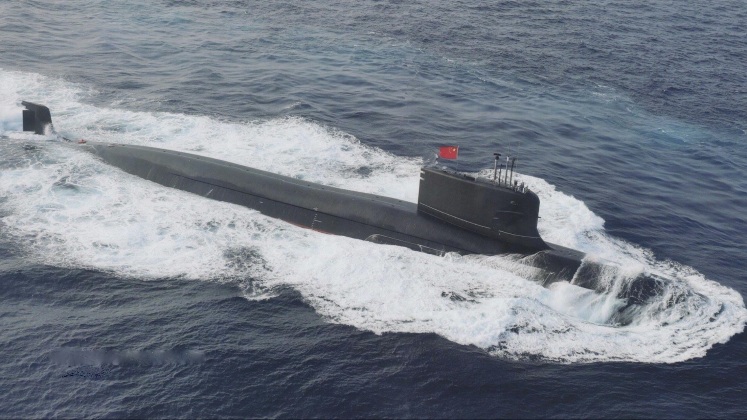Built to Hunt Chinese Submarines: Singapore Buys Four American P-8 Anti-Sub Jets

The Singaporean Defence Ministry has signed a contract to procure four Boeing P-8A Poseidon maritime patrol aircraft, with the order having bene announced in Washington by Defence Minister Chan Chun Sing following meetings with U.S. Secretary of War Pete Hegseth. The Ministry announced that the aircraft will increase maritime situational awareness and enhance the Singapore Air Force’s ability to counter subsurface threats, protecting vital sea lines of communication. Singapore is by far the most heavily militarised state in Southeast Asia, and makes defence procurements almost exclusively from the Western world, with the F-16 forming the backbone of its fighter fleet alongside F-15s and F-35s. The country has stood out within the region for its hardline policies against China, ranging from banning family members of party officials from study in the country, to blocking the Chinese telecoms giant Huawei from infrastructure contracts. Singapore is also the only country in Southeast Asia to have joined the Western world in imposing economic sanctions on Russia, and is one of only three non-Western states to have done so.

The P-8s is by far the most widely fielded maritime surveillance aircraft in the world, with approximately 125 currently in service in the U.S. Navy. The aircraft deploy sonobuoys in patterns to establish acoustic coverage, with data from these sensors fused by onboard processors to classify and track submarines. Situational awareness can further be boosted using the Link 16 data link system to share data with satellite networks, which helps to facilitate continuous tracking in coordination with other assets such as U.S. Navy destroyers. Alongside serving a sensor platforms, P-8s can also deploy torpedoes to destroy submarines.
Singapore’s location at the Malacca Strait, and its expected significant contributions to a Western Bloc war effort in the event of a major conflict with China, make its procurement of P-8 jets highly significant. The procurement is being made at a time when China, Russia and North Korea are also rapidly enhancing the capabilities of their tactical and strategic submarine fleets, all of which challenge the United States and its partners’ military dominance of the Western Pacific region
No comments:
Post a Comment